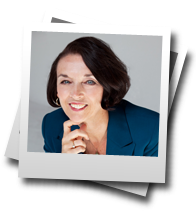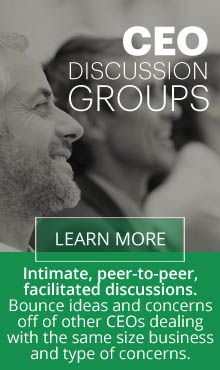 In school we are asked to answer questions and take tests. There are right and wrong answers, passing and failing grades. Because we’re a product of our past experiences, we take this same framework into our adult experiences. We have goals and we judge ourselves on whether or not we can achieve our goals. Succeed or Fail. Good or Bad. Don’t make a mistake. You might anger others or disappoint others, or even yourself. We then take a failure and morph it into lack of confidence, lack of self esteem, feelings of not being good enough. Whoa!! That’s a dark hole. Let’s not go there.
In school we are asked to answer questions and take tests. There are right and wrong answers, passing and failing grades. Because we’re a product of our past experiences, we take this same framework into our adult experiences. We have goals and we judge ourselves on whether or not we can achieve our goals. Succeed or Fail. Good or Bad. Don’t make a mistake. You might anger others or disappoint others, or even yourself. We then take a failure and morph it into lack of confidence, lack of self esteem, feelings of not being good enough. Whoa!! That’s a dark hole. Let’s not go there.
Even though it’s hard to change the paradigm after all these years, it’s a worthwhile thing to do for the sake of all the years yet to come. Let’s say there is no failure, only feedback. Edison tested different materials for the inside of a light bulb. 10,000 times he failed before he got the one that worked. He called each failed attempt an ‘option eliminated.’
Mistakes give us feedback. The feedback shows us if we are getting closer to the solution we seek. It helps us shape whether or not we’re headed in the right direction. Do you remember the children’s game where an object is hidden? The others tell him he’s getting ‘hotter’ when he gets closer, and ‘colder’ when he’s going in the opposite direction. What we call ‘failure’ is really a feedback mechanism. If you use your experience for learning if you’re ‘hotter’ or ‘colder’ to a solution, you can get to success more easily and quickly. All of your failures leave you better equipped to succeed the next time.
Failure breaks your pattern. We all get into patterns that are created when things work. So we do them again and again. These are patterns we use everyday to communicate, to eat, to work, to have relationships, to function in our daily lives. We can get stuck in these patterns. Then something doesn’t work and we experience failure. It causes us to try something new and discover something better. After the defeat you’re much more likely to rethink everything and start anew. Henry Ford said that ‘failure is the opportunity to begin again, more intelligently.’
What do Penicillin, America, Champagne, Post-it notes and Viagra all have in common? They are ‘failures’ which have given rise to innovation. Sir Alexander Fleming was doing an experiment that ‘failed’ only to discover that the penicillin mold was killing harmful bacteria. Columbus failed when he set out to find a new route to India. He found America instead. Champagne was invented by a monk called Dom Perignon when a bottle of wine accidentally had a secondary fermentation. 3M invented glue that was a failure – it did not stick. But it became the basis for the Post-it note, which was a huge success. Scientists at Pfizer tested a new drug called Viagra, to relieve high blood pressure. Men in the test group reported that it was a failure at stopping high blood pressure but it had one beneficial side effect. Pfizer found that the drug had a dramatic effect on men’s sexual vigor. Viagra became one of the most successful failures of all time.
Entrepreneur’s embrace the phrase coined by the CEO of the design firm IDEO “Fail often in order to succeed earlier.” Hewlett Packard cofounder Bill Hewlett said HP needed to make 100 small bets on products to identify six that could be breakthroughs. Failure can be quite useful as long as you learn from it.
You need to try many things. Some will fail and some will succeed. If you are afraid to fail, you don’t try any at all and that’s keeps you stuck and stagnant. You are not learning. One of the CEO’s in my circle wants his people to fail. Because if they are trying things and some things fail, it means they are also finding some successes.
So rather than fearing failure, our new paradigm can be embracing failure as a learning mechanism on the way to success.
How do you view failure? How does your organization view failure? Please share with our readers.

 Jeri Quinn from Driving Improved Results is an executive coach, management consultant, speaker and author who focuses on communication in her work with executives and companies. She is the author of The Customer Loyalty Playbook, 12 Game Strategies to Drive Improved Results in Your Business. With more than 40 years as a serial entrepreneur.
Jeri Quinn from Driving Improved Results is an executive coach, management consultant, speaker and author who focuses on communication in her work with executives and companies. She is the author of The Customer Loyalty Playbook, 12 Game Strategies to Drive Improved Results in Your Business. With more than 40 years as a serial entrepreneur.

